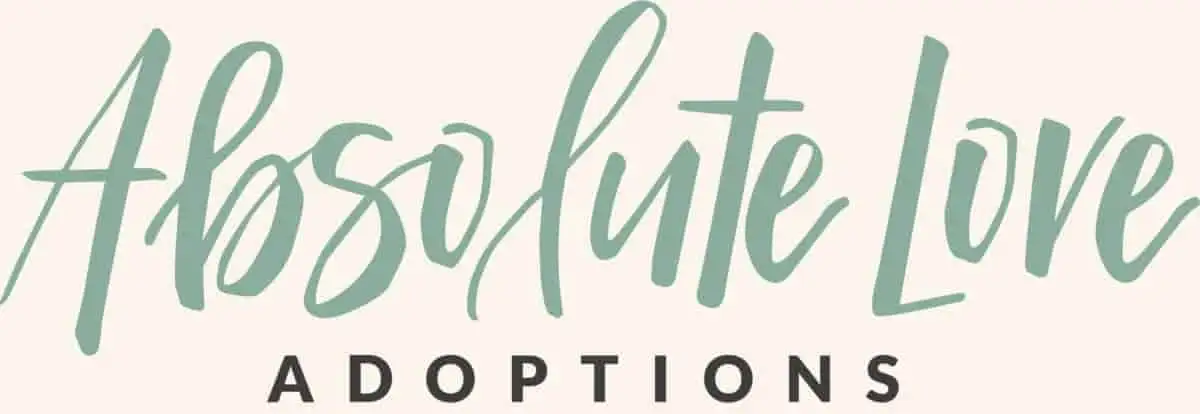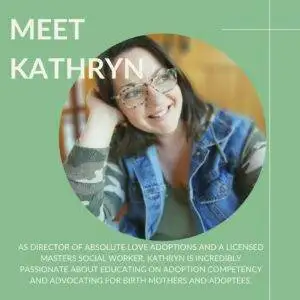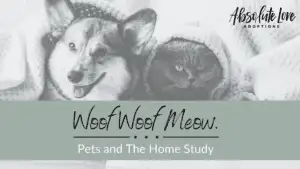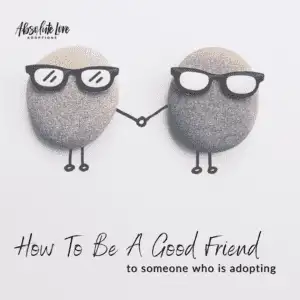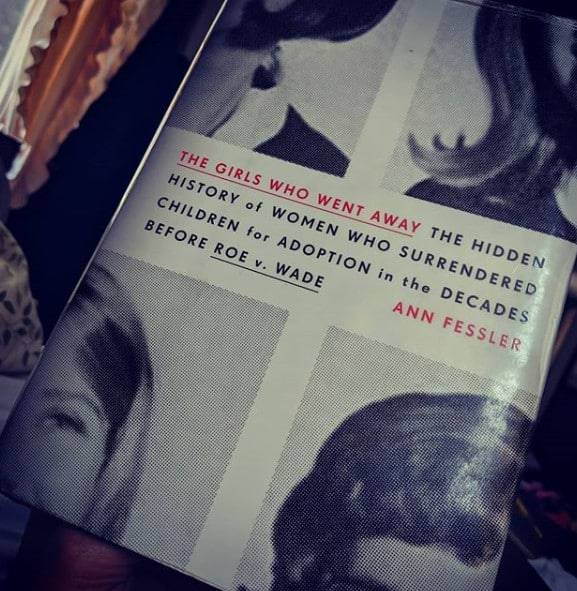
The Girls Who Went Away
As a child, my parents would find me hiding with a book for hours at a time. After taking a long hiatus away from reading (graduate school and then being Mommy happened), I am rediscovering my love for reading and focusing on books to enhance my abilities to provide well informed adoption services. I picked up a copy of The Girls Who Went
Away at the local library and I cannot recommend it enough!
The author Ann Fessler is an adoptee who interviewed hundreds of women about their experiences with losing their children to adoption following WWII and before Roe v. Wade.
Note the use of the word “lost to adoption”. As an adoption professional I am very sensitive to adoption language. We typically say “placed” for adoption, not “given up” or “lost to” as our efforts are dedicated to encouraging positive adoption experiences in which birth families are making intentional plans and decisions or their child. They are choosing to place their child into a home they select. It is intentional and well thought out.
However, Ann Fessler’s work captures a dark time in history in which young women mostly didn’t have a choice in placing. Due to family pressures and societal expectations, they were told-often by their parents- they would be separating from their children.
The stories in this book are shattering. Young women who found themselves pregnant and were not able to, or were unwilling to marry the father were sent to live in maternity homes, deliver their baby and then return home as though nothing happened.
As a doula with 2 birth experiences of my own, I was particularly disturbed by the stories of birth. They women, some as young as 15, were dropped off at a maternity home and left at the door. They were given no support or education about what to expect during pregnancy and delivery. Some were not even permitted to use their real first names among their peers. The entire process was saturated in shame.
When they went into labor they were taken to the hospital, often sequestered in a room alone, some berated by the nursing staff, and left to labor alone. Imagine the fear of that experience.
Many women report being knocked out and not being conscious for delivery. Some never saw their children or knew the gender. Many were told they weren’t permitted to see or hold their children. Many were told lies about what type of home their child was going to, as they’d learn during reunion years later.
The stories are devastating. As an adoption professional, it is a reminder or why we are so focused on learning better so that we will do better for the adoption community. The birth parent experience is essential to a positive adoption. A woman’s grief is deep and pervasive. It has implications across the lifetime, even for the women who are choosing to place their child.
You simply cannot accept adoption without acknowledging it’s roots in grief and loss. This book aims the light at this dark spot in history– adoption history, women’s history, American history.
It is a must read for birth mothers, adoptive families and the loved ones of members of the adoption constellation.
Many women never told their story. You could be reading the untold story of your own family.
For more information, visit the authors website.
*I was able to find a copy at our local library, so in the spirit of being environmentally friendly, consider checking your library.
**Want to read an adoption related book and write a review? We welcome guest bloggers! Contact us 🙂
